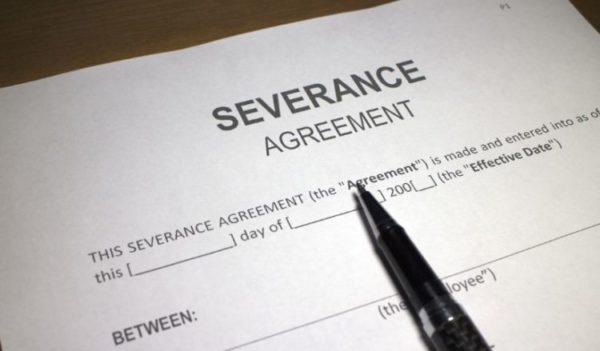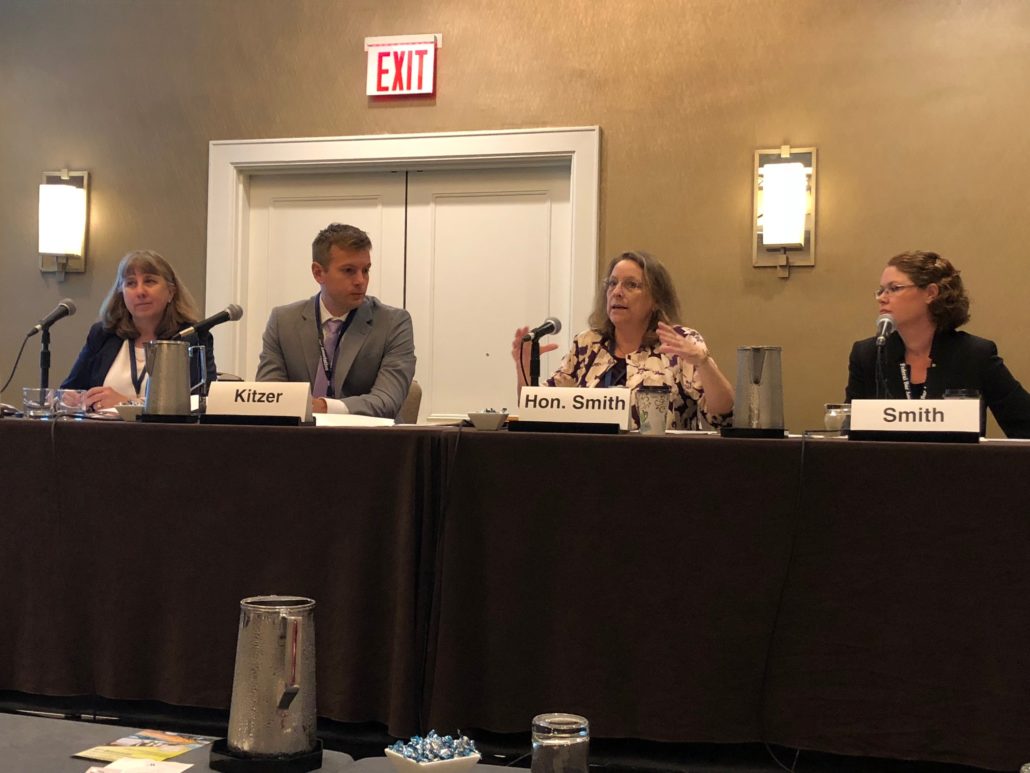Brian Rochel Interviewed Regarding COVID-19 and Employment Law
On July 6, 2020, TKKR partner Brian Rochel was featured in an interview by Minnesota Public Radio about current legal protections employees have in the context of the COVID-19 pandemic. You can read the article here.
Brian discussed the real fear many employees have that if they raise concerns related to COVID-19, they will be retaliated against, by being fired and forced to search for employment during the current difficult economic time. He also discussed how the legal protections related to COVID-19 are uncharted territory for Minnesota courts and the importance of discussing any potential issues with an employment lawyer.
Under Minnesota Governor Tim Walz’s Peacetime Emergency Executive Order 20-54, employees are, among other things, protected against retaliation for reporting COVID-19 workplace concerns or refusing to work in conditions that they, in good faith, believe could potentially expose them to COVID-19.
All of these protections contain important caveats, so if you have questions about Executive Order 20-54, or COVID-19 at work, you should contact an experienced employment lawyer. If you are an employee who has experienced difficult circumstances with your employer related to COVID-19, we are here to help. Please contact Teske, Katz, Kitzer, and Rochel, PLLP. We advocate on behalf of employees facing discrimination, retaliation, and whistleblower related issues in the workplace.




